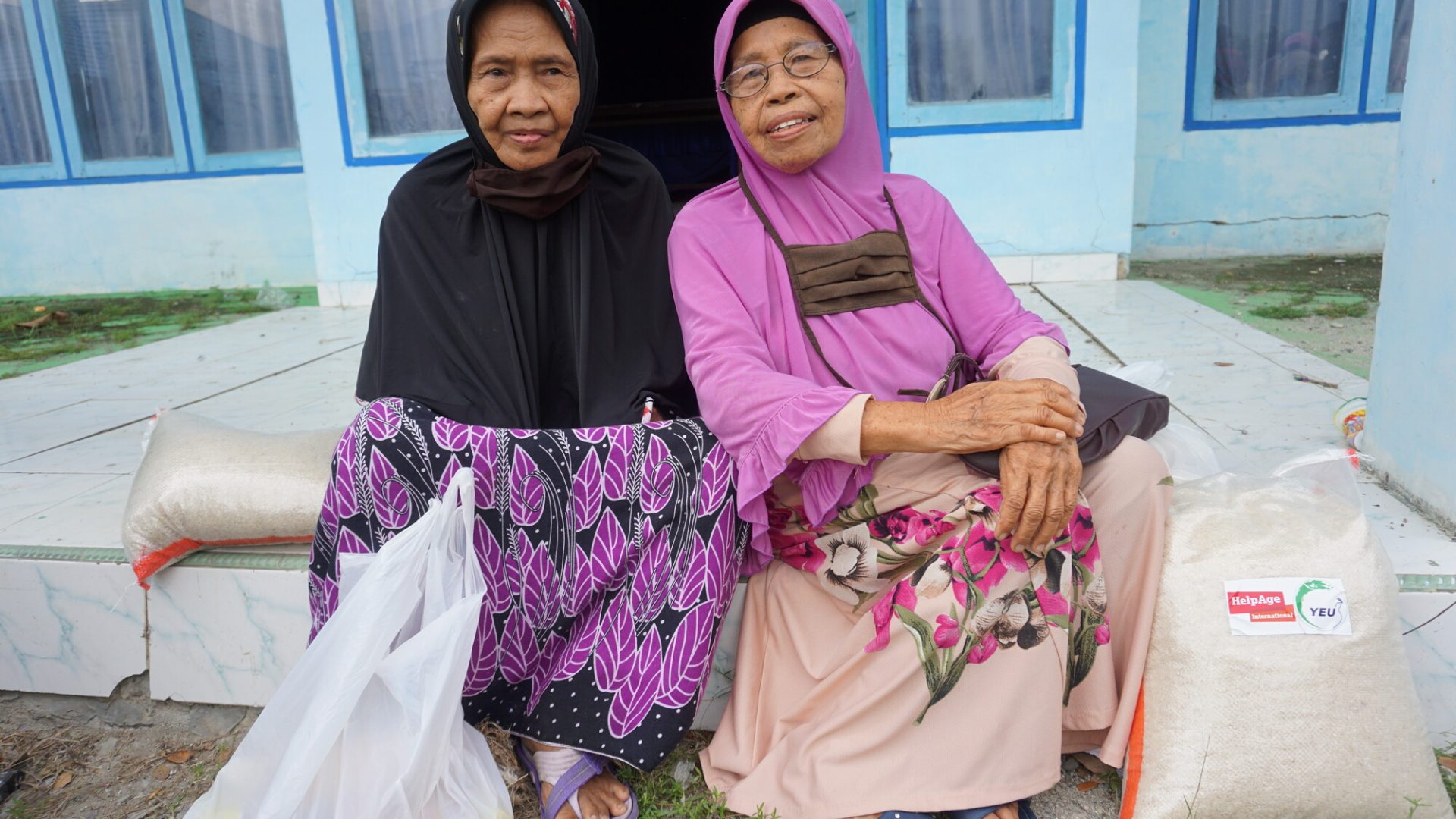What are nature-based solutions?
In rural areas of developing countries like Indonesia, jobs connected to nature, especially in farming and forestry, can help the environment and generate employment in the informal sector. These jobs are vital for protecting nature and improving people’s lives.
Nature-based solutions involve creating jobs and improving human wellbeing while also conserving and restoring ecosystems. Activities like restoring water catchments and reforestation can boost agricultural productivity, reduce soil erosion, and help alleviate rural poverty.
However, these positions are often unpaid or poorly paid and are not protected by labour laws. Additionally, they are very often not included in social protection schemes, leaving workers at risk of poverty and ill-health.
What is decent work?
Decent work sums up the aspirations of people in their working lives. It involves opportunities for work that is productive and delivers a fair income, security in the workplace and social protection for all, better prospects for personal development and social integration, freedom for people to express their concerns, organise and participate in the decisions that affect their lives and equality of opportunity and treatment for all women and men.


